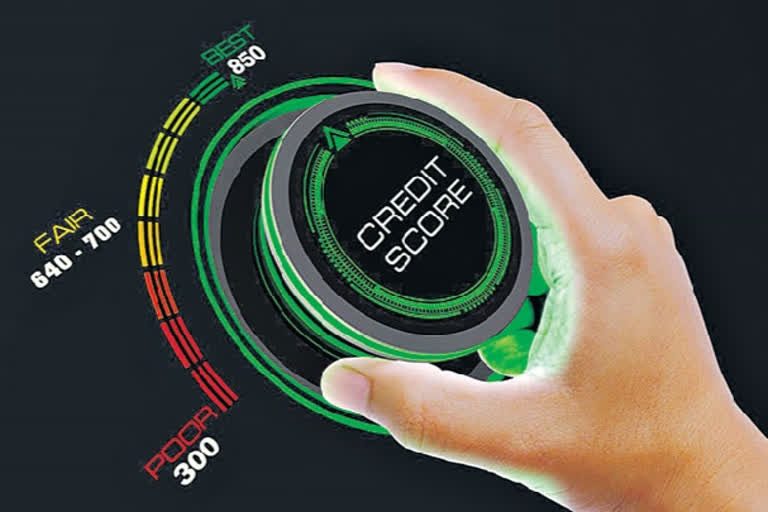Hyderabad:A credit score is a measure of an individual’s creditworthiness. Once a person applies for a loan or credit card, banks or financial institutions will look into his repayment history and credit score. If the credit score is above 750, he is considered a trustworthy borrower. If there is a delay in remitting even a single EMI, it will reduce the credit score. Also, it will take more time to restore it.
Read:How to improve credit score: Follow these tips
Any loan, including home, auto, personal loans, or credit card bills, whether paid on time or not is the key factor in calculating a credit score. At the same time, the score is also affected when the limit is overused when using a credit card. For instance, if a credit card limit is Rs 50,000, it should not be used beyond Rs 20,000. Only then, banks will assume that the credit limit is being utilised with discipline. It is not always advisable to exhaust the credit card limit for offers and cash back. This forces banks to assume that you are a debt-depended person and bound to have a negative impact on your credit score.
Avoid loan enquiries...
We keep getting phone calls offering credit cards and loans. At times, we also dial a bank to check out loan details. Also, we shouldn't say yes to a loan offer instantly. By sharing all the details sought by them, the banks will assume that you have sought the loan and the same will be marked in bank records. Credit score authorities will take note of it, leading to a drop in credit score. Hence, apply for a loan only if you really need it. The same rule applies to a credit card as well.
